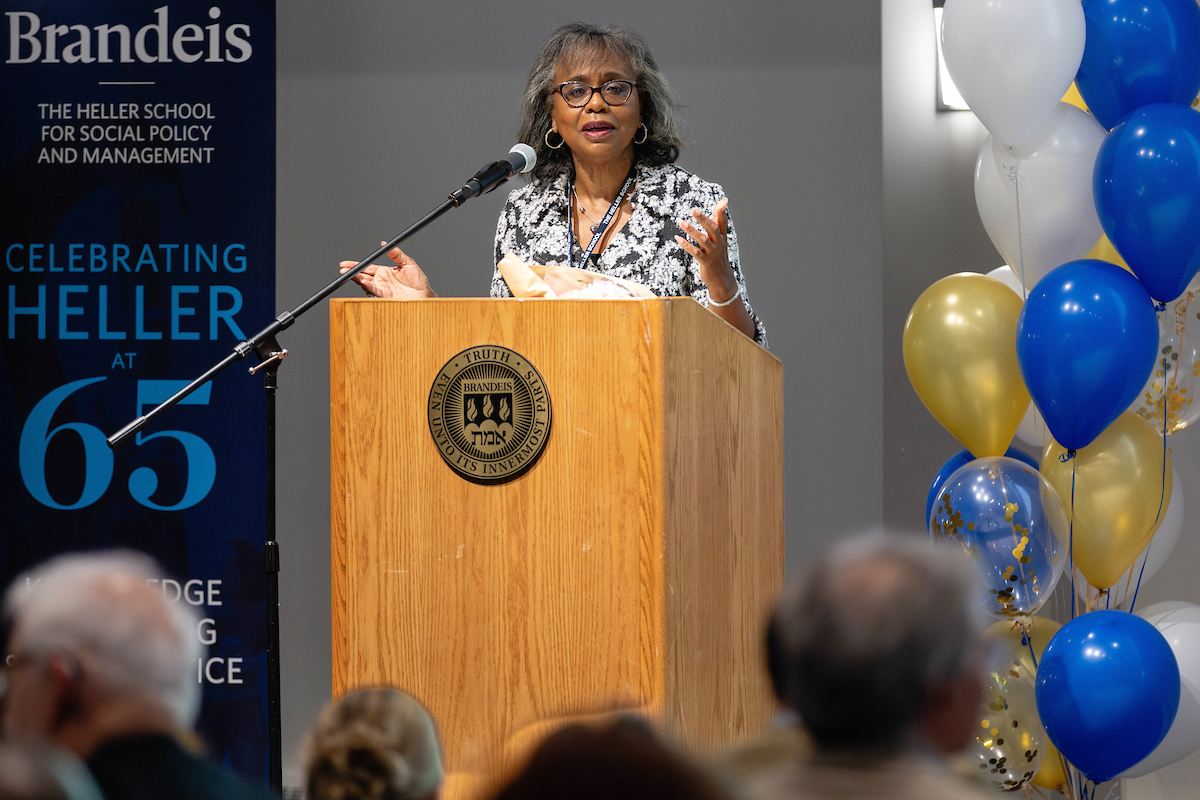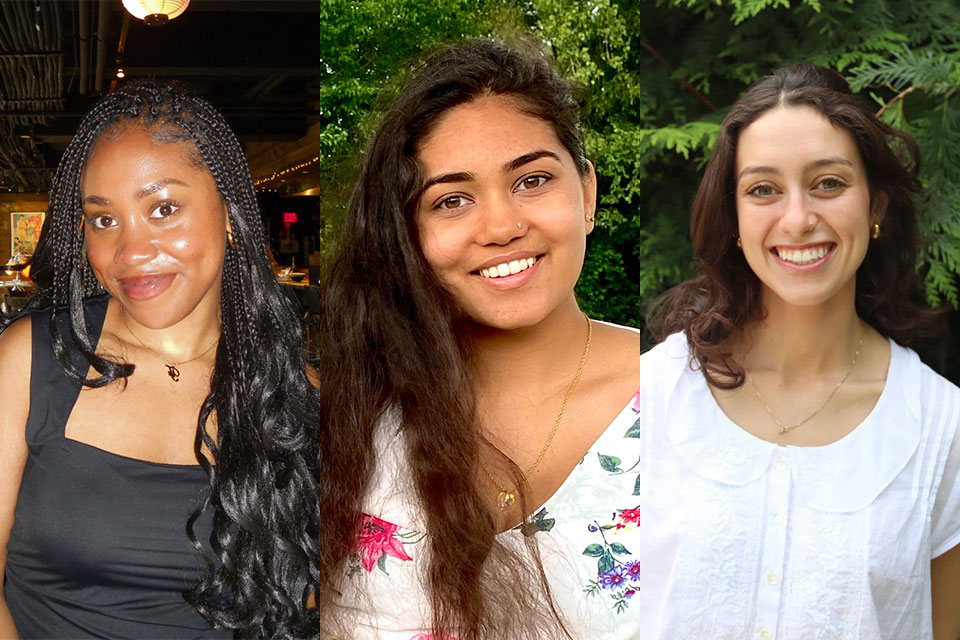Summer reading: Brandeis faculty offer their favorite beach books
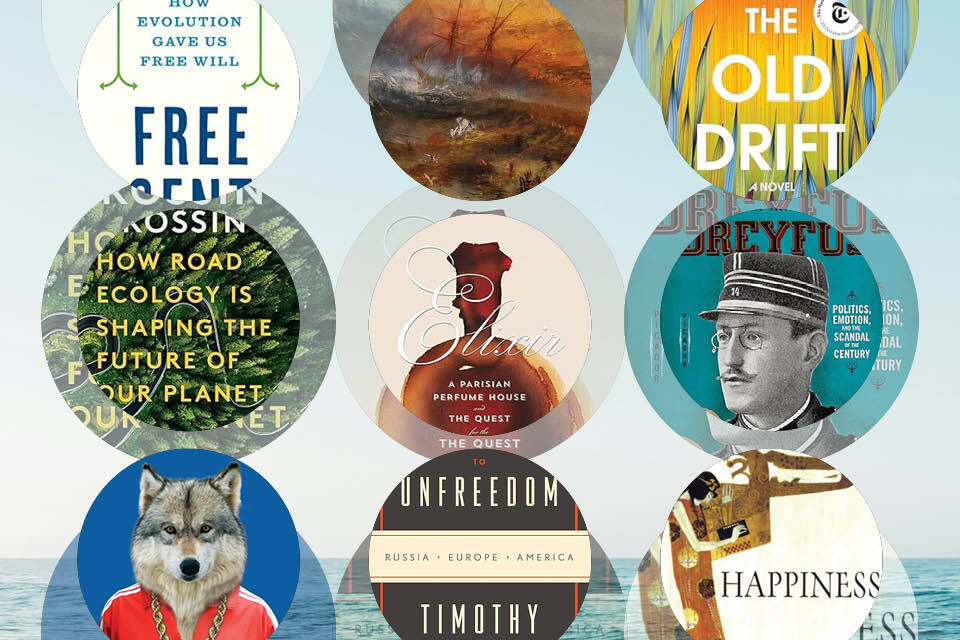
Photo Credit: Jessica Tanny
By David Levin
June 3, 2024
Lazy summer afternoons are around the corner, and that means it’s time to get that reading list ready. To help kickstart your beach-bound browsing, we asked faculty across the university to suggest their favorite books for the dog days of summer. Professors responded with recommendations that will transport you from the freeway to free will, from happiness to the secret of life, with many detours in between.
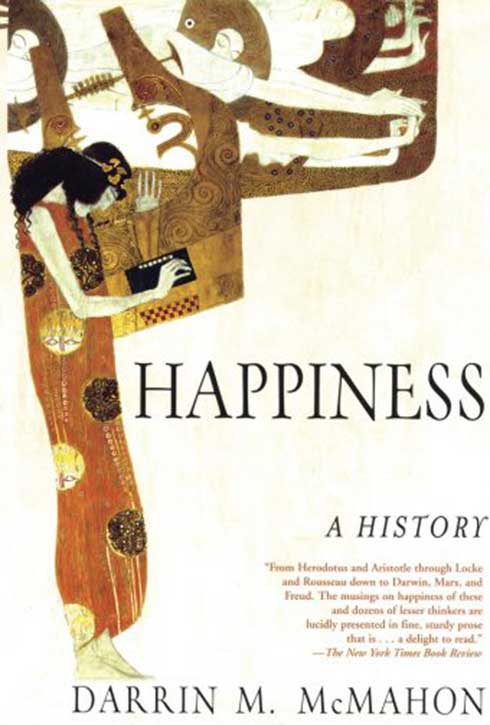
“This is a book that I often refer people to when they have the time and pleasure to enjoy reading, ideally for summer. It’s a wonderful book that takes a step back on a topic we often take for granted: happiness. McMahon contextualizes the concept of happiness throughout history, giving the reader a valuable sense of how this abstract idea is tied to external issues. We tend to think of happiness as something very personal, but it manifests itself in very tangible sources — from art and music to literature and philosophy — that become very public and shared over time.” — Alexandra Ratzlaff, assistant professor of classical and early Mediterranean studies

“Abdurraqib's incisive, empathic, beautiful writing makes this book of music criticism feel vital even seven years after its publication. As everyone says when describing it, it's about music and so much more. I just read it and already want to revisit it.” — Sarah Mayorga, professor of sociology
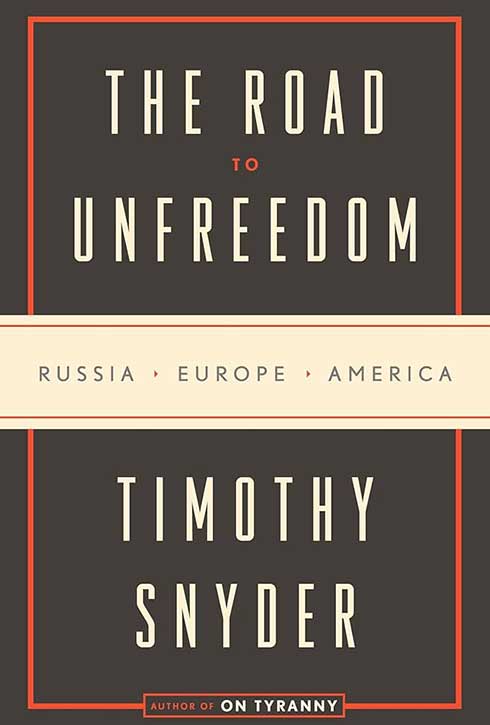
“This book draws some important connections between authoritarianism in the U.S. and abroad. It’s not just that Donald Trump has many unseemly connections to Russian oligarchs and spies (although he does); it’s also that Trump’s politics of nostalgia and resentment bear a striking similarity to Putin's own laments about the loss of Russian power and influence.” — Chandler Rosenberger, associate professor of international and global studies and sociology
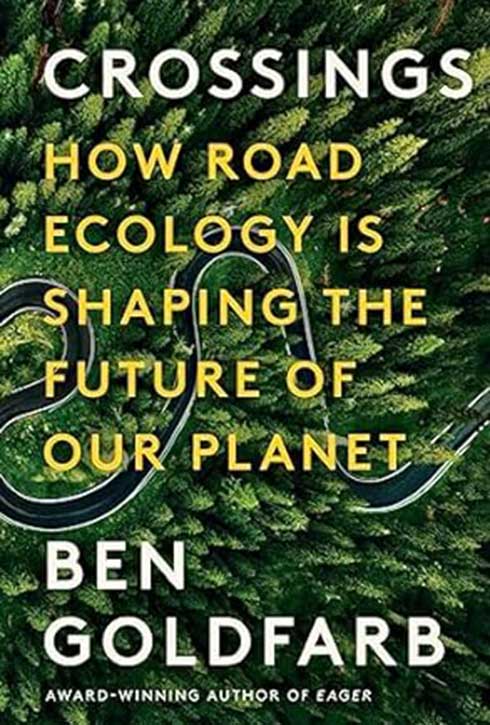
“This book is well written and offers a compelling popular account of the effect that a massive network of roads has on wildlife. Goldfarb tells a lot of dramatic first-person stories about migrations, new ecosystems along highway corridors, and the environmental effects of paving. I thought it was fascinating.” — Caren Irr, Kevy and Hortense Kaiserman Professor in the Humanities
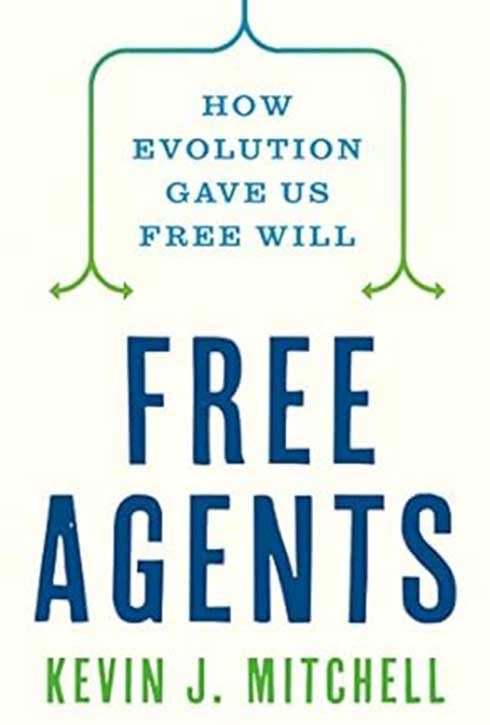
“Science teaches us that self-awareness results from a bunch of deterministic chemical reactions in our neurons. If so, where does free will come from, especially if all our actions are the result of some earlier cause? Mitchell responds that having a model of nature running in our mind gives us a survival advantage, just as a sunflower that tracks the sun across the sky from eastern sunrise to western sunset benefits by anticipating where the sun will rise each day and so overnight turns to face the dawn. Mitchell calls this behavior “agency,” the capacity for purposeful action, and [discusses] how this agency evolves to consciousness in complex organisms.” — Seth Fraden, professor of physics
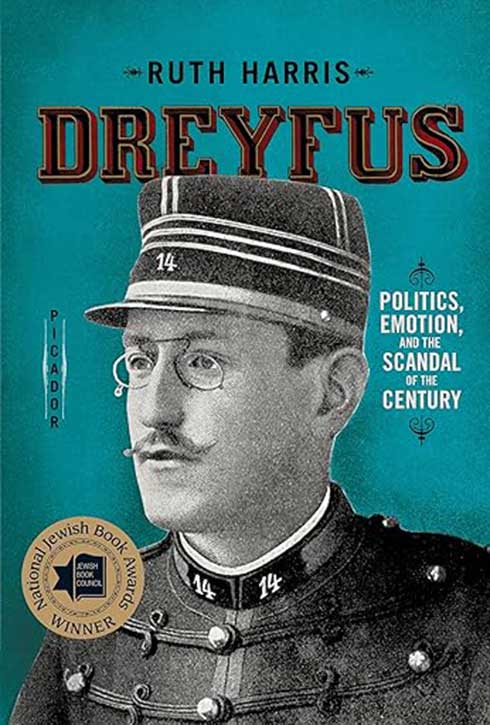
“At a time when antisemitism has recurred, the story of how antisemitism unexpectedly reemerged in France in the 1890s — resulting in the wrongful conviction of Alfred Dreyfus on spying charges and a scandal that transfixed France and much of the Western world — seems unhappily timely. Harris' volume recounts the story of the Dreyfus Affair and its long shadow.” — Jonathan Sarna, University Professor and Joseph H. and Belle R. Braun Professor of American Jewish History
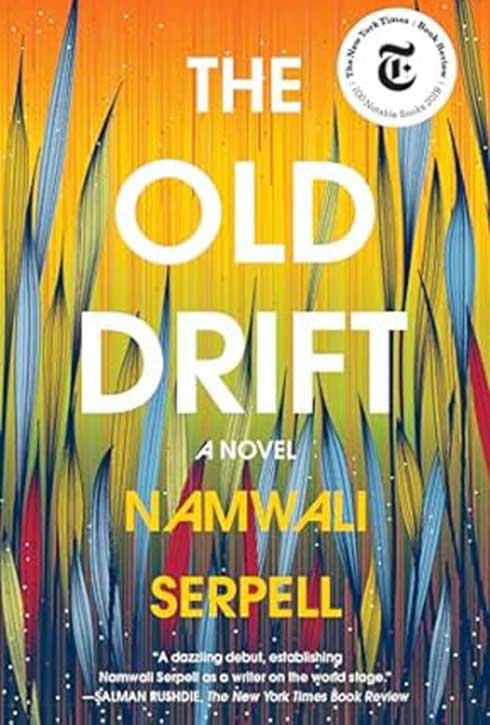
“The best prose I have encountered in a long time. It took me a only a short while to get beyond my lack of familiarity with the Zambian political and cultural scaffold for the story and to experience the universals. I was enthralled by the epic, magical style, like "One Hundred Years of Solitude" but more intense. Her next novel, ‘The Furrows,’ is also well worth reading, if you are looking for a summer of exploring an author.” — Paul DiZio, associate professor of psychology and the Volen National Center for Complex Systems
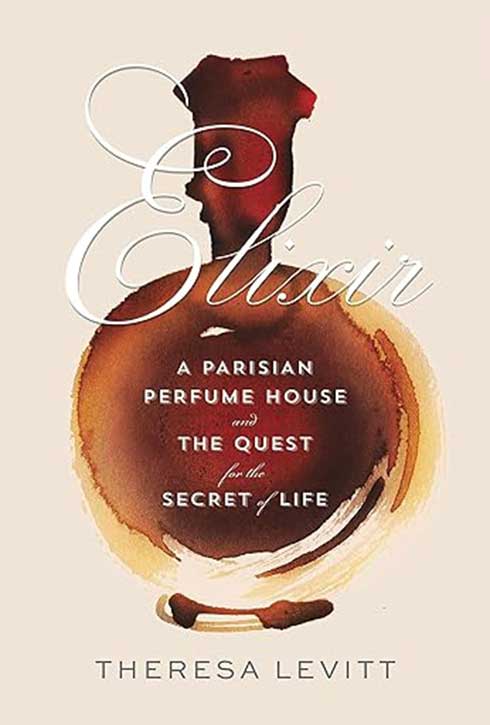
“This book gives a fascinating description of how chemists and business people started the perfume industry, along with the history at the time (1830s). For those with an interest in science, it is particularly interesting to learn about the discovery of molecular chirality and its role in the optical properties of fluids, but I think the book would be interesting to nonscientists as well.” — Michael Hagan, professor of physics and quantitative biology
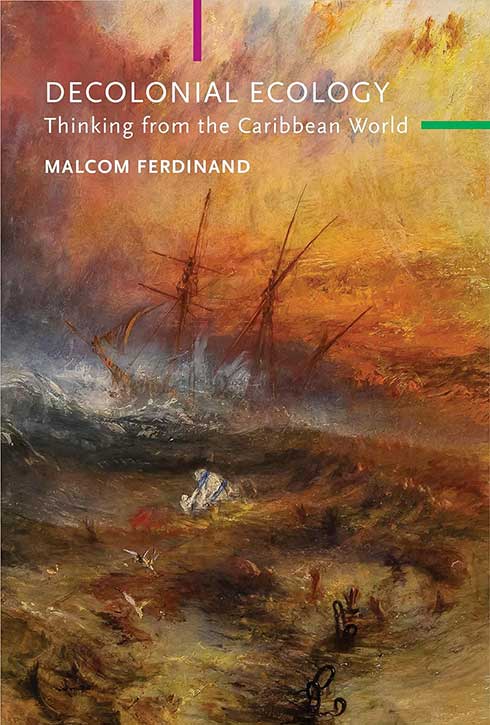
“I would definitely recommend this book — it's a fantastic read that deals with the often-ignored additional aspects of colonialism from a fascinating angle.” — Charlotte Goudge, assistant professor of anthropology
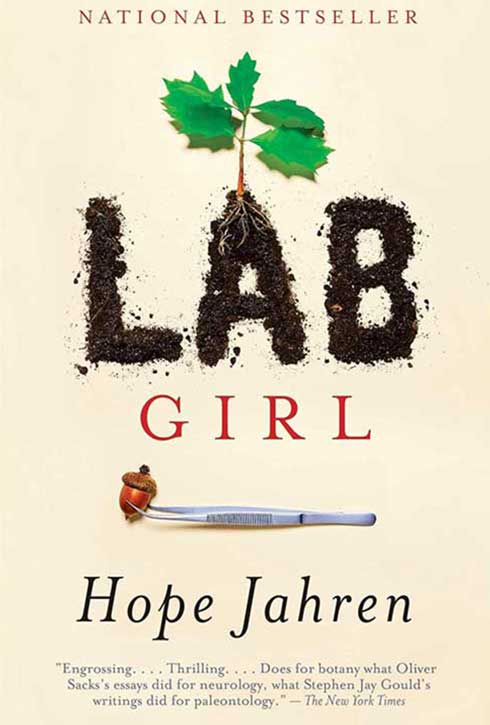
“This is a very fun, fast read. Hope is a plant biologist and does a beautiful job describing her adventures (and misadventures) in graduate school and as a tenure track professor while also weaving in vivid descriptions of her work in the field. It is so well done that it would tempt any scientist to try their hand at a dishy tell-all about the sometimes-unsavory sides of academia.” — Anne Berry, assistant professor of psychology

